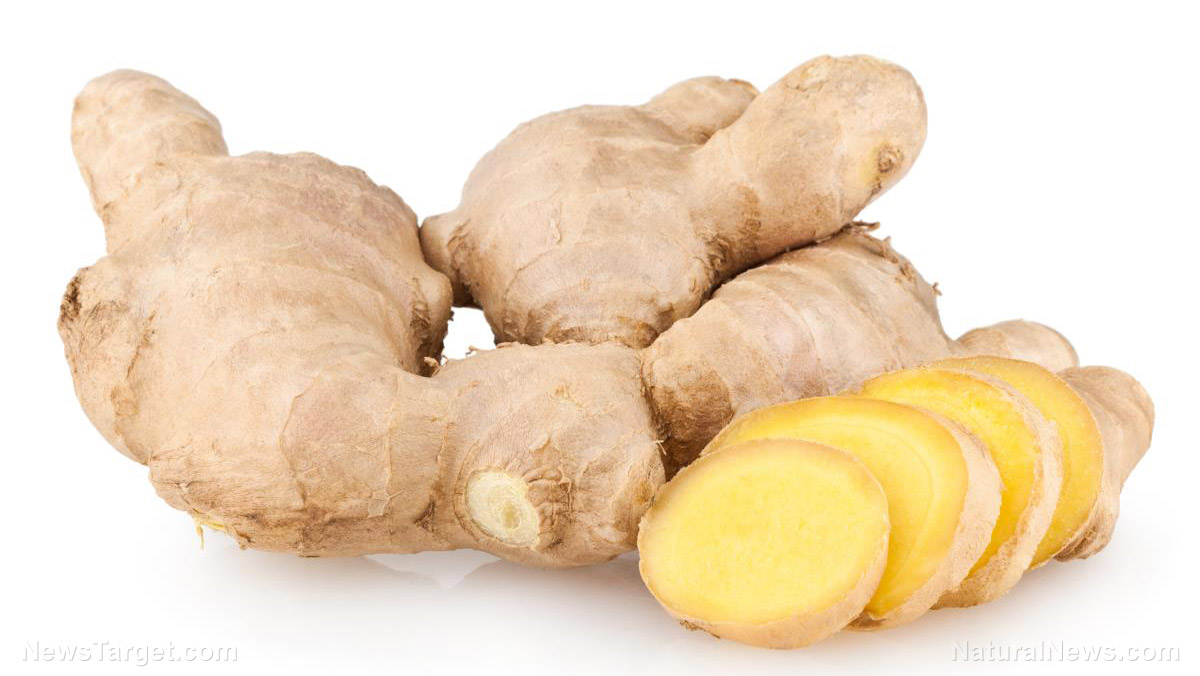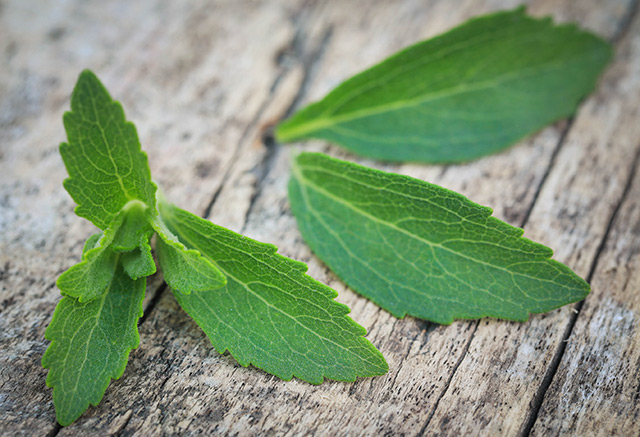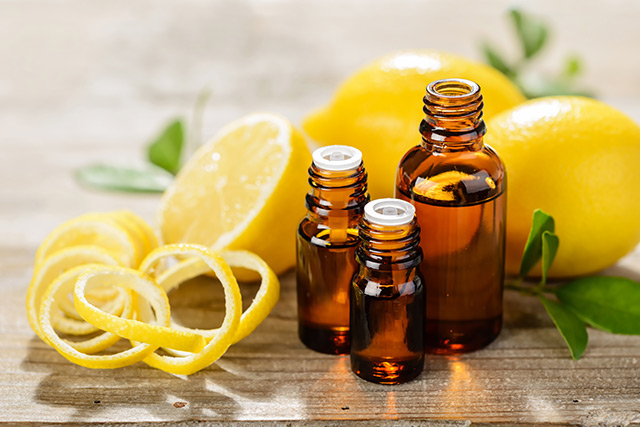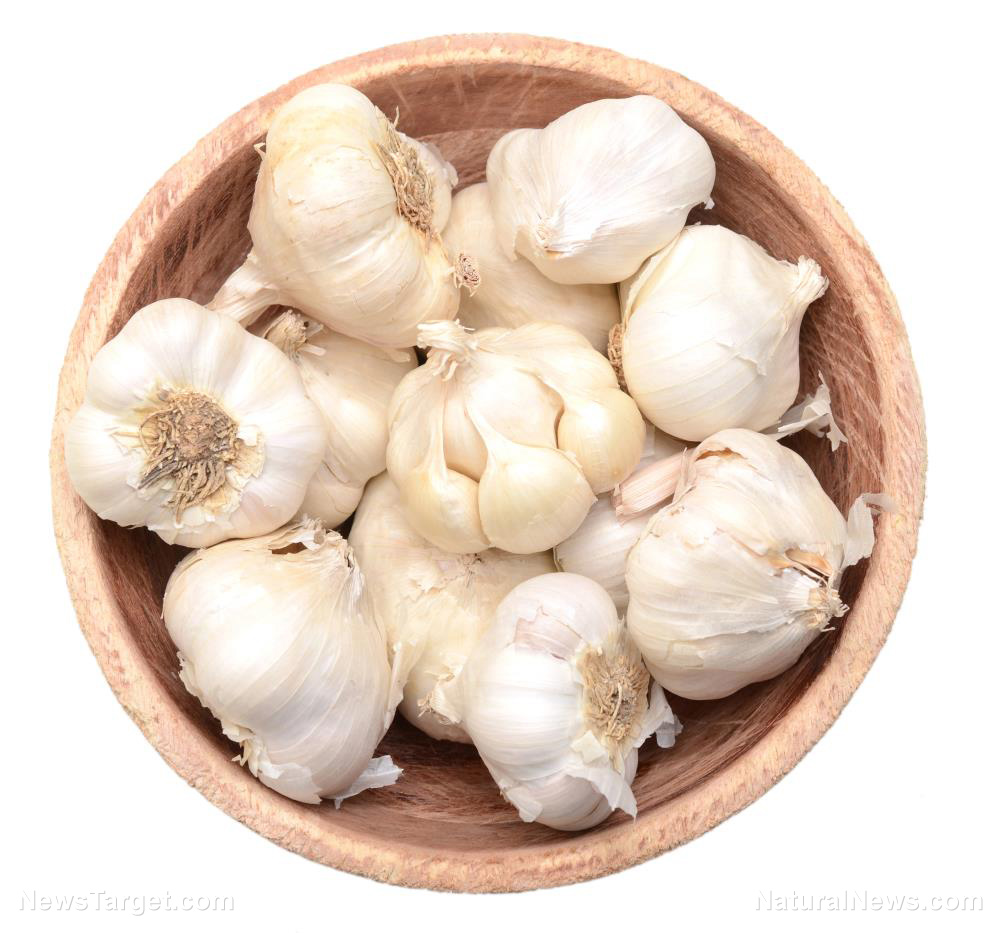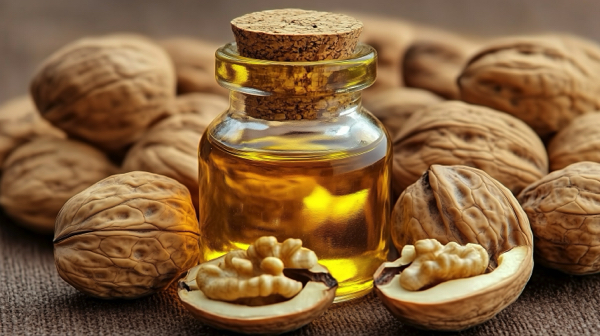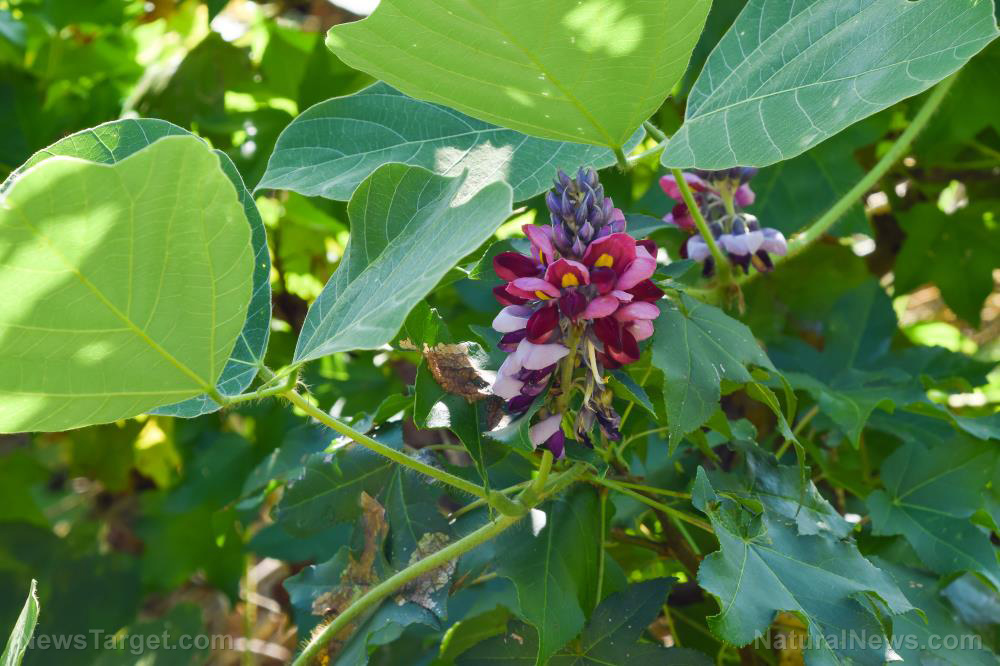Astragalus: The ancient herb of longevity and vitality
08/05/2025 / By Ava Grace
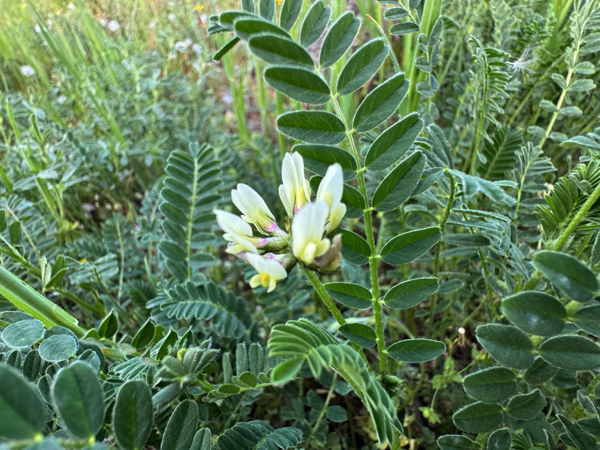
- Astragalus membranaceus (huang qi, milkvetch or simply astragalus) has been a cornerstone of Traditional Chinese Medicine (TCM) for over 2,000 years, documented in ancient texts like the Shen Nong Ben Cao Jing. It is revered for strengthening vital energy (qi) and enhancing overall health.
- Classified as an adaptogen in TCM, astragalus helps the body adapt to stress, boosts immunity and supports the spleen and lungs. Its name, huang qi, means “yellow leader,” reflecting its vibrant roots and esteemed status.
- Astragalus contains bioactive compounds like astragalosides, flavonoids and polysaccharides, which provide antioxidant, anti-inflammatory and immune-boosting benefits. Research suggests it can support cardiovascular health and diabetes management, exert anti-aging effects and even fight cancer.
- Astragalus can be consumed in various forms, such as teas, capsules and powders, and applied topically. Its mildly sweet, earthy flavor makes astragalus a popular ingredient in soups, broths and energy-boosting snacks in Chinese cuisine.
- Astragalus symbolizes resilience and longevity, bridging ancient healing traditions with modern wellness practices. While historical anecdotes highlight its cultural significance, ongoing research continues to explore astragalus’ potential health benefits.
Astragalus membranaceus, commonly known as huang qi or milkvetch, is a flowering plant that has been revered for centuries in Traditional Chinese Medicine (TCM) for its remarkable healing properties. This herb with delicate yellow flowers and deep roots is a symbol of resilience, vitality and longevity. From its historical roots in ancient China to its modern-day applications as a superfood, astragalus continues to captivate health enthusiasts and researchers alike.
Brief history of astragalus
Astragalus has been a cornerstone of TCM for over 2,000 years. Its use was first documented in the Shen Nong Ben Cao Jing (The Divine Farmer’s Materia Medica), one of the oldest known texts on herbal medicine written around 200 AD. The text describes astragalus as a superior herb, capable of strengthening the body’s vital energy (qi) and enhancing overall health. (Related: Astragalus shows amazing antioxidant, anti-inflammatory and anticancer effects.)
Native to the temperate regions of China, Mongolia and Korea, astragalus thrives in well-drained soils and sunny climates. The plant is characterized by its long, fibrous roots, which are the primary part used for medicinal purposes. The roots are harvested from plants that are at least four years old, ensuring they contain the highest concentration of bioactive compounds.
In TCM, astragalus is classified as an adaptogen — a substance that helps the body adapt to stress and restore balance. It is believed to tonify the spleen and lungs, boost immunity and promote wound healing. The herb’s name, huang qi, translates to “yellow leader,” a nod to its vibrant yellow roots and its status as a premier TCM herb.
One anecdote from ancient Chinese lore tells of a village healer who used astragalus to cure a plague that had devastated his community. By boiling the roots and administering the decoction to the sick, the healer reportedly restored health to the villagers, a feat that earned astragalus its reputation as a life-saving herb. While modern science may not fully validate such tales, they underscore the deep cultural significance of astragalus in Chinese history.
Phytonutrients and health benefits
Astragalus is rich in bioactive components, the most noteworthy of which are:
- Astragalosides – Unique saponins that support cellular health and combat oxidative stress
- Flavonoids – Antioxidants that protect healthy cells from free radical damage
- Polysaccharides – Immune-modulating compounds that enhance the body’s defense mechanisms
Thanks to the presence of these phytonutrients, astragalus offers substantial benefits, such as:
- Immune support – Astragalus is known to stimulate the production of white blood cells, making it a popular remedy for colds, flu and other infections.
- Cardiovascular support – Astragalus can help improve heart function by reducing blood pressure and cholesterol levels.
- Anti-aging – Astragalus’ antioxidant properties help protect cells from oxidative stress, thus helping slow the aging process.
- Diabetes management – Astragalus has been shown to regulate blood sugar levels and improve insulin sensitivity.
- Anticancer adjunct – Preliminary studies suggest that astragalus can enhance the effectiveness of chemotherapy and reduce side effects.
Astragalus is versatile and can be consumed in various forms. For instance, dried astragalus roots can be boiled to create a nourishing herbal tea. You can also take astragalus capsules or extracts if you need a more concentrated dose. Astragalus powder is convenient for people who wish to include the herb in their diet: Simply mix the powder into smoothies and soups or add it to baked goods. Astragalus can also be applied topically in the form of creams or ointments for wound healing.
Culinary uses and must-try recipes
In the kitchen, astragalus is often used in soups and broths, particularly in Chinese cuisine. Here are a few recipe ideas:
- Astragalus chicken soup – A nourishing broth made with chicken, astragalus root and goji berries.
- Astragalus tea blend – Combine dried astragalus root with ginger and honey for a soothing drink.
- Astragalus energy bites – Mix astragalus powder with oats, nut, and dates for a healthy snack.
- Astragalus bone broth – Simmer astragalus root with bones, vegetables and herbs for a nutrient-rich stock.
Astragalus is a testament to the enduring wisdom of traditional medicine. Its rich history, potent phytonutrients and health benefits make astragalus a valuable addition to modern wellness practices. Whether consumed as a tea, supplement or culinary ingredient, astragalus offers a natural way to support vitality and longevity.
This story is not medical advice and is not intended to treat or cure any disease. Always consult with a qualified naturopathic physician for personalized advice about your specific health situation or concern.
Visit NaturalNews.com for more stories about superfoods, herbs and their health benefits.
You can also try Brighteon.ai, an AI model created by Mike Adams, also known as the Health Ranger. This model is available as a free download to be run locally and is designed to help share and decentralize knowledge. By doing so, it aims to bypass censorship and empower people with knowledge.
If you’re looking for an uncensored video free speech website where you can openly discuss nutrition, natural medicine, ingredients and more, check out Brighteon.com and these two free speech social media sites, Brighteon.IO and Brighteon.social.
Watch and learn about Astragalus and why it is considered among the top 20 medicinal herbs one should have.
This video is from the HealthPetal channel on Brighteon.com.
More related stories:
Astragalus alleviates inflammation and side effects of chemotherapeutic agents.
Astragalus membranaceus relieves inflammation and protects against gastrointestinal cancer: Review.
Astragalus found to protect against drug-induced liver injury: Study.
Sources include:
Submit a correction >>
Tagged Under:
alternative medicine, astragalus, Chinese medicine, healing, health science, herbal medicine, Herbs, longevity, natural cures, natural health, natural medicine, organics, phytonutrients, plant medicine, remedies
This article may contain statements that reflect the opinion of the author
RECENT NEWS & ARTICLES
Herbs.News is a fact-based public education website published by Herbs News Features, LLC.
All content copyright © 2018 by Herbs News Features, LLC.
Contact Us with Tips or Corrections
All trademarks, registered trademarks and servicemarks mentioned on this site are the property of their respective owners.

